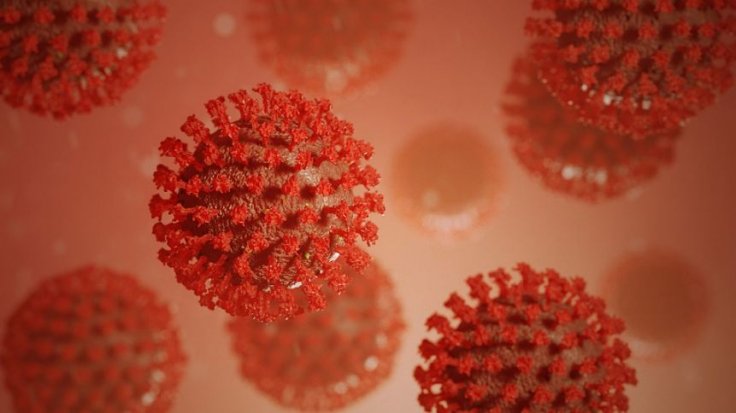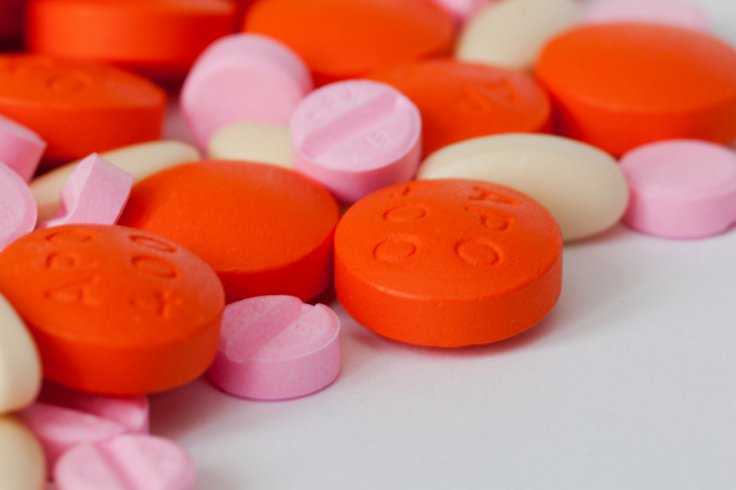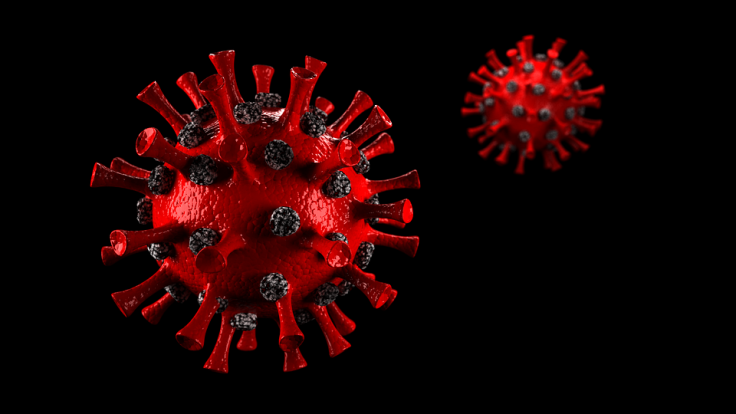The tricky nature of the novel coronavirus has challenged the therapeutic management of COVID-19, with hopes pinned on several existing and new drugs to overcome the onslaught of the pandemic. Offering some hope, a new study has discovered that an experimental cancer drug can stop the coronavirus in its tracks.
According to researchers from Virginia Commonwealth University, an experimental cancer drug called AR-12 was found to inhibit the SARS-CoV-2 virus from infecting cells and replicating, and exhibited high effectiveness against the virus in laboratory conditions. "Our findings demonstrate that AR-12 represents a clinically relevant anti-viral drug for the treatment of SARS-CoV-2," wrote the authors.
Testing Experimental Drug against COVID-19

Dr. Paul Dent, lead author of the study, has investigated in great detail the use of AR-12 as both an antiviral drug and an anti-cancer drug. In several published studies, Dr. Dent and his collaborators have demonstrated the efficacy of the drug against numerous lethal viruses such as influenza, measles, chikungunya, Zika, mumps, and drug-resistant HIV, among others.
"AR-12 works in a unique way. Unlike any other anti-viral drug, it inhibits cellular chaperones, which are proteins that are required to maintain the right 3D shape of viral proteins. The shape of the virus is critical to its ability to infect and replicate," explained Dr. Dent.
A cellular chaperone known as GRP78 was found to be inhibited by AR-12. GRP78 plays a crucial role in the reproduction of all viruses. The protein serves as a cellular stress sensor and is an essential part of the life cycle of all mammalian viruses.
Developing an Effective Therapy
Dr. Andrew Poklepovic, co-author of the study, highlighted that as an oral therapy, AR-12 was found to be well tolerated in an earlier clinical trial. He added: "Most COVID-19 drugs are given intravenously, so this would be a unique therapeutic option and potentially suitable for outpatient therapy, similar to the way one would take an antibiotic."

The oncologist expressed hopes of commencing the enrollment of patients in early 2021. However, several key milestones have to be met. First, the team must devise a protocol for the clinical trial. Then approval from the FDA must be sought and received to test the drug on COVID-19 patients. Finally, a sufficient amount of the drug must be manufactured for the trial.
To be able to achieve these milestones, the team has turned to Dr. Said Sebti, associate director for basic research and member of the Developmental Therapeutics program at VCU Massey Cancer Center.
"We are working to submit the required information for FDA approvals, and we are also in discussions with a local pharmaceutical company to manufacture the drug for the trial," said Sebti. "We are hopeful that AR-12 will emerge as a treatment option for patients suffering from COVID-19, ultimately saving lives and contributing to the global pandemic solution."
Reason for Severe COVID-19 in African Americans

During the course of the study, the authors also made an interesting observation that provided a deeper insight into the reason behind severe COVID-19 illness among African Americans. They found that the bodies of individuals of non-European descent, specifically those of African ancestry, produce a protein known as called ATG16L1 T300. People with largely European ancestry produce a variant called ATG16L1 A300.
"We compared matched colon cancer cells, with one set making A300 and the other T300, and found that cells making the T300 form made more GRP78 and more of the virus receptor ACE2," illustrated Dr. Dent.
"This, of course, does not prove that those with the T300 form are more susceptible to COVID-19," he added further. He concluded that it provides a biomarker that can be examined in order to glean why certain individuals suffer more severe forms of the disease than others.









